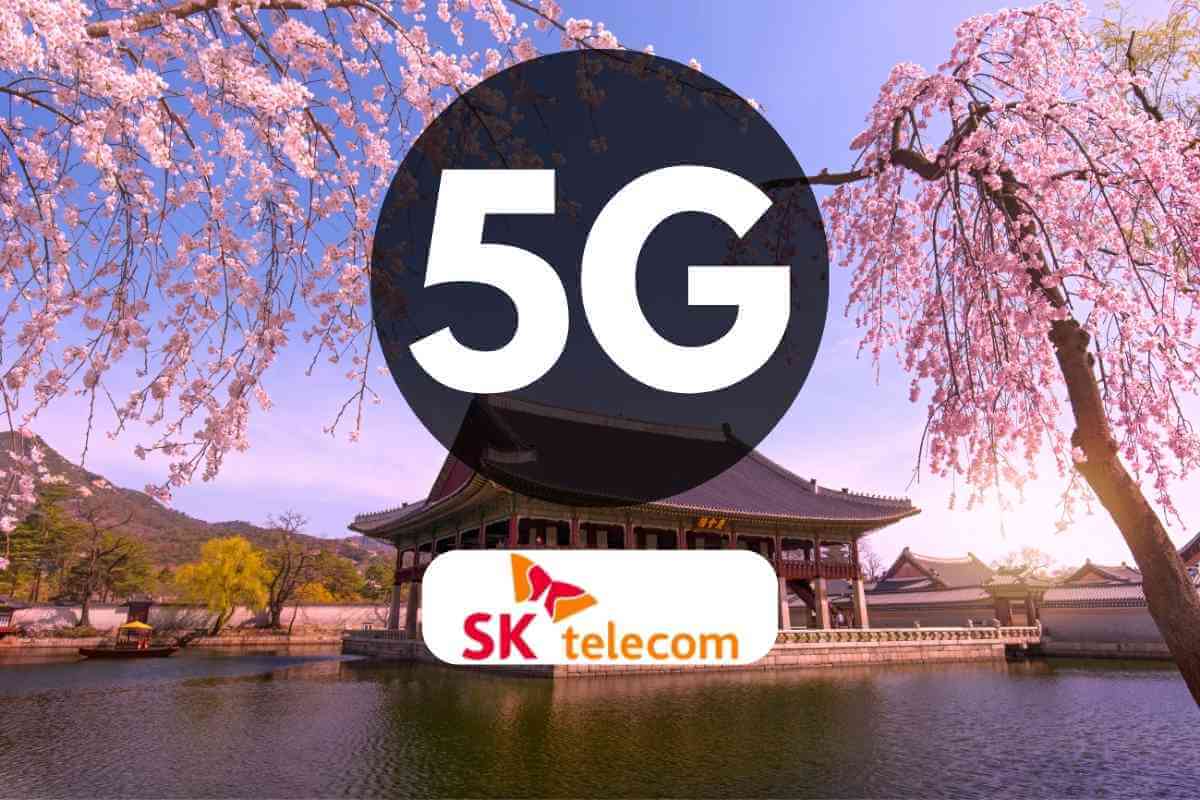
SK Telecom, one of South Korea's leading telecommunications carriers, is set to withdraw using the 28 Gigahertz (GHz) band for the 5G Network at the end of this month. This decision follows the footsteps of peer carriers KT and LG Uplus, leaving no carriers using the 28 GHz network for 5G, according to a report by Pulse News.
Also Read: Bharti Airtel to Be Ready With 5G FWA in Next 6 Months
SK Telecom Withdraws from 5G on 28 GHz Band
According to The Ministry of Science and ICT and industry sources, SK Telecom had ceased installing new equipment since April, effectively signalling its withdrawal from the project, quoted the report. As of November, SK Telecom had installed 1,605 units of 28 GHz equipment for the 5G network. However, with over 13,400 units still required to meet the mandatory installation target of 15,000 units by the end of this month, the carrier has made it clear that it will not fulfil the requirements.
Challenges of Utilizing 28 GHz for B2C Transactions
The report quoted SK Telecom saying, "It is practically impossible to utilize 28 GHz for business-to-consumer (B2C) transactions." SK Telecom expressed its reluctance to proceed with further installations.
Also Read: WindTre FWA 5G Service Available in Five Regions of Italy
All Three Major Carriers Abandon 28 GHz Band
With the withdrawal of SK Telecom, all three major carriers in South Korea will have abandoned the 28 GHz band network project. KT and LG Uplus had their 28 GHz band allocations revoked in December 2022. According to the report, an ICT ministry official warned that if SK Telecom fails to meet the mandatory installation requirements by the end of May, an allocation revocation process will be initiated after a series of hearings.
Also Read: Netflix to Invest USD 2.5 Billion in South Korean Content Over Next Four Years
Limited Adoption of 28 GHz Frequency Band for 5G
Typically, 5G Networks use 3.5 GHz and 26 GHz or 28 GHz frequency bands for ultra-high speeds. However, the 28 GHz frequency band, known for delivering ultra-fast download speeds of 20 Gbps, has only been adopted in a limited manner. The setting up of dense base stations utilizing the 28 GHz band seems expensive, and there are hardly any consumer-centric 5G use cases.
Also Read: 1&1 Launches 5G FWA Home Broadband Service
In 2018, the ICT ministry awarded all three major carriers the 28 GHz band for 5G networks. However, due to profitability evaluations and cost burdens, they opted not to fulfil their mandatory participation, resulting in the revocation of all three allocations five years later.
Hasty Allocations and Losses in 28 GHz Band Project
Although the carriers are initially responsible for these losses, criticism has arisen regarding the hasty allocations in 2018, without a thorough assessment of the business prospects for the high-band networks, driven by the desire to be the world's first to commercialize all 5G frequencies in 2019.















